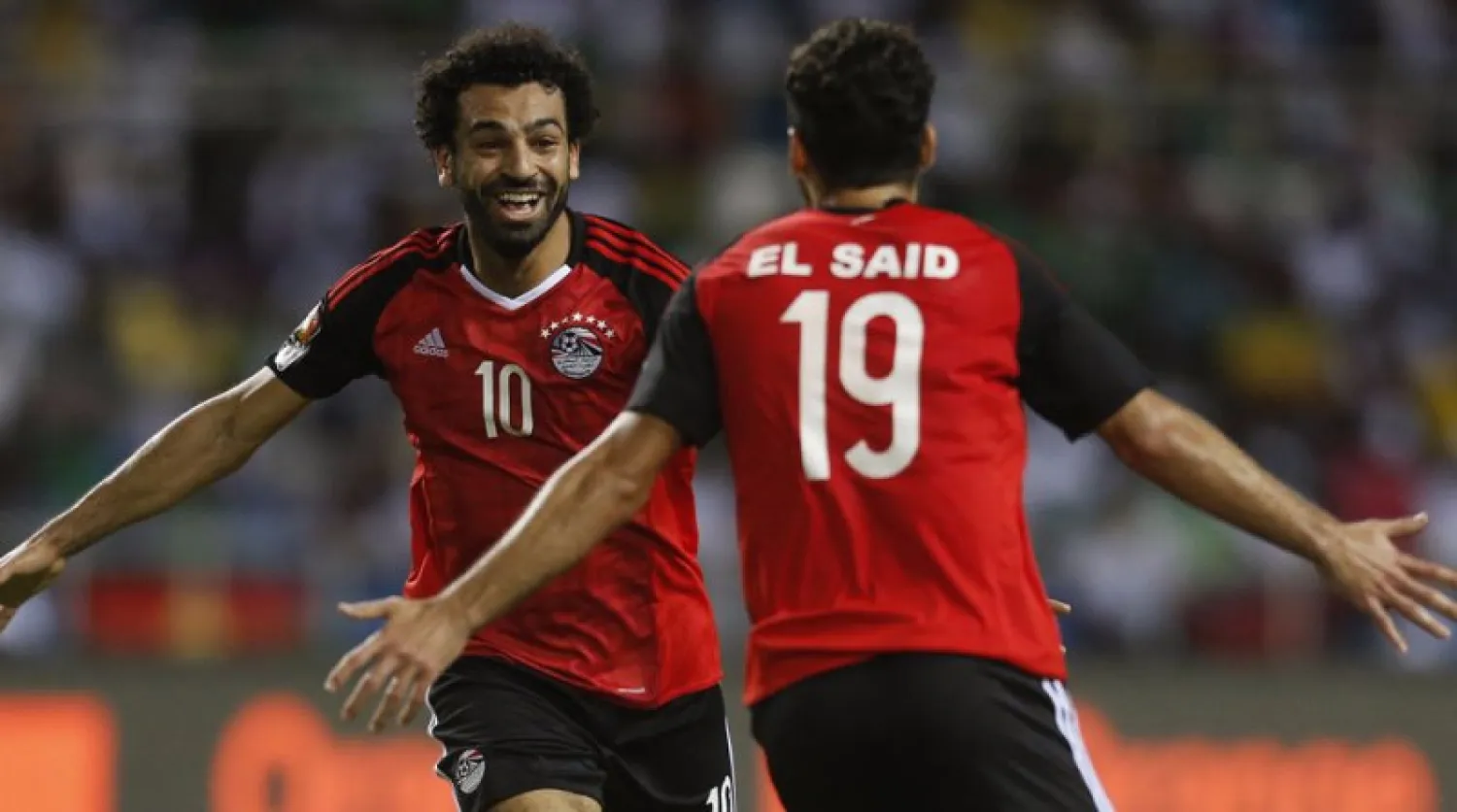Qualifying for the World Cup is a bit like becoming a parent. It can bring joy but opens up an enormous new vista of worries. Ever since Mo Salah scored twice against Congo in October to secure Egypt’s qualification for the tournament, Egyptians have been simultaneously dreaming of glory and fretting about how things could go horribly wrong. When a tight groin made Salah limp out of the first leg of Liverpool’s Champions League flailing of Manchester City last week, an entire nation held its breath. Salah returned to action for this week’s second leg, allowing Egyptians to relax again. But they will resume worrying about him getting injured. So it goes.
You can understand Egyptian fears. Ever since their first participation in the tournament in 1934, the World Cup has caused Pharaohs fans as much angst as a dodgy pyramid scheme.
For that first tournament the Egypt team made a four-day voyage to Italy, scored two goals in four minutes against Hungary but still wound up losing 4-2 amid a pong that could have tickled nostrils as far away as Rhinocoloura, the fabled city of noseless criminals. Hungary’s fourth goal came following a challenge that left Egypt’s goalkeeper, Mustafa Mansour, with a broken hooter, whereas Abdulrahman Fawzi had a goal ruled out for offside despite the fact, according to Egyptian reports, that he scored it after dribbling through the opposition Salah-style from inside his own half. If that goal had stood, perhaps Egypt would have won and Fawzi, who had already netted twice, would have become the first player to score a World Cup hat-trick for an African country, a feat that remains unattained, although El-Hadji Diouf probably says he scored five in Senegal’s victory over Brazil in the 2002 final.
After that 1934 disappointment it was 56 years before Egypt reached the tournament again. In 1990 they opened with an honorable 1-1 draw against European champions Holland but were then grabbed in a headlock by Jack Charlton’s Republic of Ireland before being eliminated by a freak occurrence – a successful mid-tournament tweak by England and the only goal of Mark Wright’s international career. What were the odds?
Egypt then lapsed into freakishness themselves, continually finding barmy ways to avoid qualifying for the tournament despite being the best team in Africa for most of the 21st century.
But now, at last, they are going back. And they’re worried. And not just about Salah’s groin or the state of Ahmed Hegazi’s mind after a season stepping on rakes at West Brom. For there’s also talk now that Egypt’s manager, Héctor Cúper, is about to be poached by a South American country. During his three years at Egypt Cúper has worked wonders of Chris Coleman proportions, devising a game plan based on solidity and giving the ball as quickly as possible to the team’s one magician. Cúper is Argentinian.
According to the Egyptian FA, Cúper is close to agreeing a deal to stay put. “Cúper is not a greedy man and he is not taking advantage of the fact that we need him before the World Cup,” declared the EFA’s Tharwat Sweilam. “He said he loves Egypt and that he wants to stay put. He also said he would give Egypt the priority over any other offer if the financial gaps are not big ... Most probably his contract will be extended before the national team’s next training camp in May.” That should put Egyptian minds at ease. For a few seconds.
The Guardian Sport









